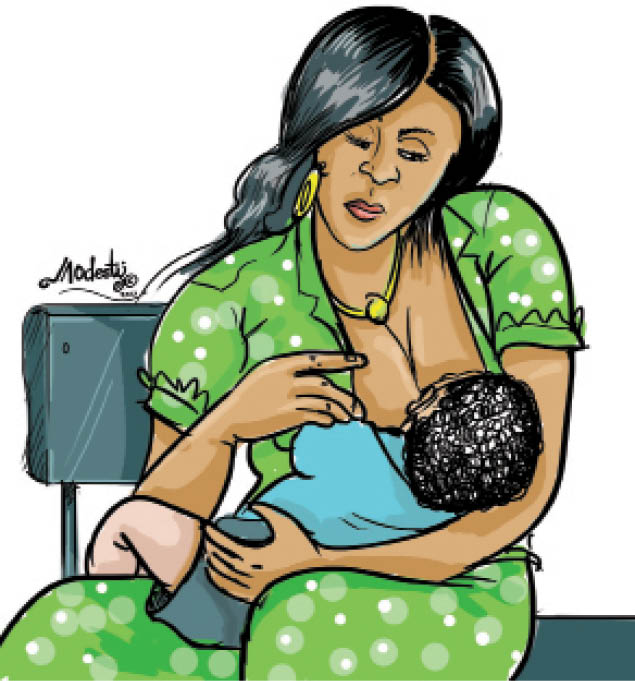Nigeria is one of the countries in the world where citizens are burdened with allergic diseases, the Allergy and Clinical Immunology Society (ACIS) has observed.
This explains while the society brought together stakeholders for a two-day conference which ended in Lagos on Friday where they shared experiences about allergies and why it remains a global health burden.
Allergy occurs when a person’s immune system reacts to substances in the environment that are harmless to most people.
According to the chairman of ACIS, Dr. Olatunde Odusote, caring for allergic conditions in Nigeria is very “depressing” even as he warned that japa people are more susceptible because of the sudden change of environment.
- Yahaya Bello’s appearance in court Wednesday will save him – Sources
- Obi rejects Akpata’s 22,763 votes, describes Edo election as ‘state capture’
The two-day World Allergy Training School (WATS) had in attendance the president-elect of American College of Allergy, Asthma & Immunology, Dr James Tracy.
Odusote also warned people leaving the country to be wary of allergy, saying they are very susceptible to the conditions.
He stated that apart from access to care that is not available for allergy, there is also absence of medication for people burdened with one allergic condition or the other.
He gave a personal example of a family member battling an allergy, saying he was getting medication support from GSK and that with the exit of GSK from Nigeria, many patients are already stranded.
He stated that the conference was targeted at offering basic training to practitioners, healthcare providers, nurses, community health practitioners, among others.
According to him, the condition knows no bounds as people in the rural community are as exposed as those in the urban area, while access to care is almost nonexistent.
He added, “What we are doing again is that we are developing a local content curriculum to offer proper care for those suffering from allergy. We are looking at a spectrum of people – the general practitioners, paediatricians, pharmacists, people in internal medicine to be on ground.”
He explained that allergy has peculiarities in different countries and that those leaving Nigeria for greener pastures can be exposed to allergic conditions there.
Dr Tracy stated that allergy is a global health burden and said the college is committed to working with Nigeria and other African countries to tackle the challenges.
He said the issue of climate change, global warming, pollution, among others are some of the factors, lamenting that food allergy is especially on the increase.
“I am happy to be here to do what I can to help in the cure of allergy,” he stated.
Dr Tosin Ammond and Dr Yemi Osinaike of ACIS also lamented the increase in allergy cases even as getting an accurate figure remains an issue.

 Join Daily Trust WhatsApp Community For Quick Access To News and Happenings Around You.
Join Daily Trust WhatsApp Community For Quick Access To News and Happenings Around You.



